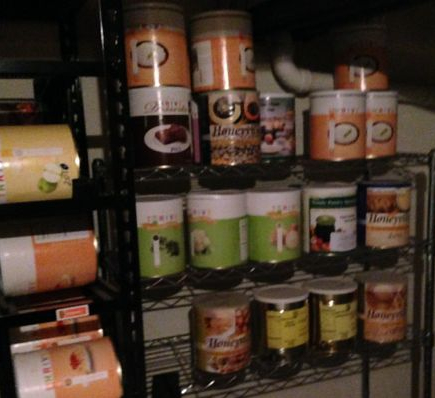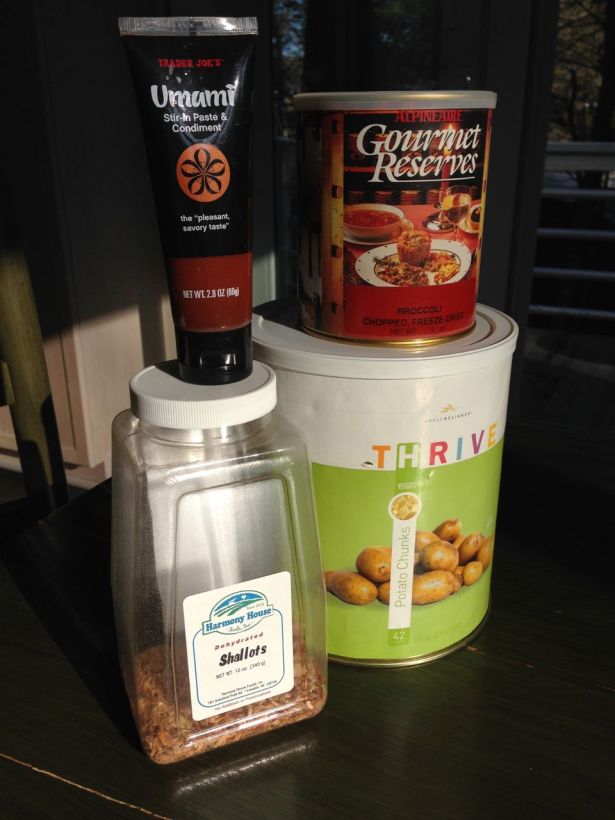Even the most dedicated autodidact has an off day when she doesn’t feel like cracking a book or applying herself to her chosen course of study. These are days for a more creative approach. Consider it stealth education; it’s the scholarly equivalent of hiding puréed vegetables in the kids’ pasta sauce.
Equate it those school days when your teacher played a film instead of giving a lecture. You probably enjoyed the change of pace as much as he did.
To this day, when I hear the word superlative, my mind snaps right to The Superlative Horse. My class watched this movie in elementary school. I think it was based upon this book. I can’t recall the storyline, or whether we even read the book, but my memory clings fast to this particular title. I’ve relished the artful deployment of the vocabulary word ever since!
On a grumpy day—maybe due to too little sleep, aching joints, or a general case of the blahs—I could skip my scheduled 30 minutes of language practice. Sometimes, to be honest, I do. But, like most good habits, the trick is commitment, and the solution to malaise can be a lightening of the load without a free pass.
I’ve already posted about adding foreign language pop songs to my study routine. Typically, I read along with the lyrics while I listen to the songs. I sing along, too.
Is it a hardcore intellectual workout? No!
Is this a task I can fit into the busiest day, or prod myself into undertaking at my laziest? Yes!
Along similar lines, consider adding puzzles and games to your own self-guided study routine. It matters less what kind of material you introduce and more that you are tempted by the format.
I’m a fan of jigsaw puzzles. The trick is to find one that has legible text in your target language. A world map puzzle was a good choice to meet this condition, and also provided an introduction to vocabulary (country names) I might otherwise not see in German.

I found this Schmidt Spiele jigsaw puzzle for $10 on Amazon
It helps that, culturally speaking, Germany is a country known for high quality games and puzzles. They are exported worldwide, and brands like Ravensburger are readily available in many countries and languages, including English for the US market.
The trickiest part, when choosing games, is finding one that uses enough of the target language to be a challenge, but not so much that there’s no fun in the playing. The difficulty of picking a suitable game increases exponentially when you introduce more players with differing levels of language acquisition.
For example, German Scrabble requires significantly more language skill than German Monopoly. In the former, you’re forced to dredge up and correctly spell words from memory. Allowing free access to a target language dictionary can bring the level of difficulty back to manageable for beginners.
As a parent educating my child at home, I go out of my way to provide varied learning resources for my son. Enjoyable activities that complement or duplicate subject matter increase the odds that knowledge will be retained. It seems obvious that, by reinforcing a subject through different media, the learning will also be deeper as we experience it through more of our senses and engage different parts of the brain.
Why not provide myself with the same advantages?
It’s easy for geographically isolated Americans to forget that there’s more to learning a foreign language than books and instructional CDs, videos and lessons. The reality of language acquisition is that it must reflect multiplicities of experience to be meaningful.
What else is our language ability for, if not for use as a tool in living a full life?
Have you used any less-conventional tools for learning a language? Please share in the comments.






 No, it doesn’t compare with an episode of Criminal Minds, but the supply of food in my basement could feed my family for a couple of months. To someone who hasn’t seriously considered putting food aside for a rainy day, that can be pretty shocking.
No, it doesn’t compare with an episode of Criminal Minds, but the supply of food in my basement could feed my family for a couple of months. To someone who hasn’t seriously considered putting food aside for a rainy day, that can be pretty shocking.










 I can use the Beastie with just hand pressure any time, or against the leather upholstery in my car’s seat or the padded surface of the sofa for light pressure. I can usually find an empty stretch of wall in any room if I want to get deeper pressure by leaning against it for my upper body; sometimes I use it on the floor where the full force of gravity makes the pressure even stronger. It’s easy to keep the Beastie handy, so I use it a lot, and that makes my life less painful.
I can use the Beastie with just hand pressure any time, or against the leather upholstery in my car’s seat or the padded surface of the sofa for light pressure. I can usually find an empty stretch of wall in any room if I want to get deeper pressure by leaning against it for my upper body; sometimes I use it on the floor where the full force of gravity makes the pressure even stronger. It’s easy to keep the Beastie handy, so I use it a lot, and that makes my life less painful.